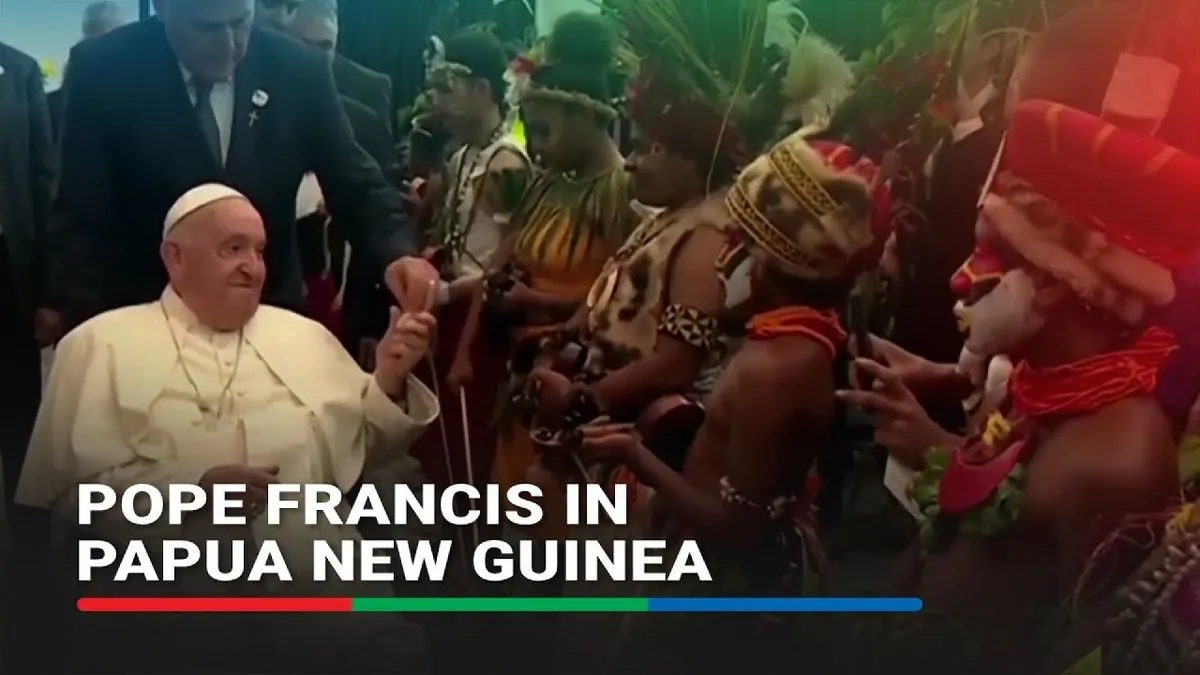In a significant visit to Papua New Guinea, Pope Francis has addressed pressing issues facing the nation, emphasizing the need for peace and sustainable development. The pontiff's visit is part of an extensive 11-day tour across four nations in Southeast Asia and Oceania, marking his longest and most challenging journey to date.
Papua New Guinea, a Commonwealth nation with a population of approximately 9 million, is renowned for its linguistic diversity, boasting over 800 indigenous languages. This unique characteristic, while culturally rich, has also contributed to longstanding tribal conflicts. The Pope acknowledged this challenge, stating:
"It must be a challenge to the Holy Spirit, who creates harmony amid differences!"
The pontiff's appeal for an end to tribal violence comes at a crucial time for the nation, which has experienced escalating conflicts in recent years. He emphasized the importance of civic responsibility and cooperation for the country's progress, noting that peace is essential for development.
Francis also addressed the contentious issue of Bougainville's independence, calling for a "definitive solution" to the matter. The island region voted overwhelmingly for independence in a 2019 referendum, but the outcome has yet to be implemented. This situation highlights the complex political landscape of Papua New Guinea, which gained independence from Australia in 1975 and has since faced numerous challenges in governance and development.
The Pope's visit included meetings with various groups, including government authorities, clergy, and street children. His agenda reflects the diverse challenges facing the nation, from poverty and social issues to environmental concerns.
A key focus of Francis's address was the equitable and sustainable development of Papua New Guinea's vast natural resources. The country is rich in minerals such as gold and copper, as well as natural gas, but disputes over resource distribution have often led to conflicts. The pontiff emphasized:
"These environmental and cultural treasures represent at the same time a great responsibility, because they require everyone, civil authorities and all citizens, to promote initiatives that develop natural and human resources in a sustainable and equitable manner."
This visit marks the third papal visit to Papua New Guinea, following St. John Paul II's visits in 1984 and 1995. The latter visit included the beatification of Peter To Rot, a Catholic layman martyred during World War II, underscoring the country's significant Christian heritage.
As Pope Francis continues his journey, his message of peace, sustainability, and equitable development resonates not only in Papua New Guinea but across the region, addressing universal challenges of our time.
